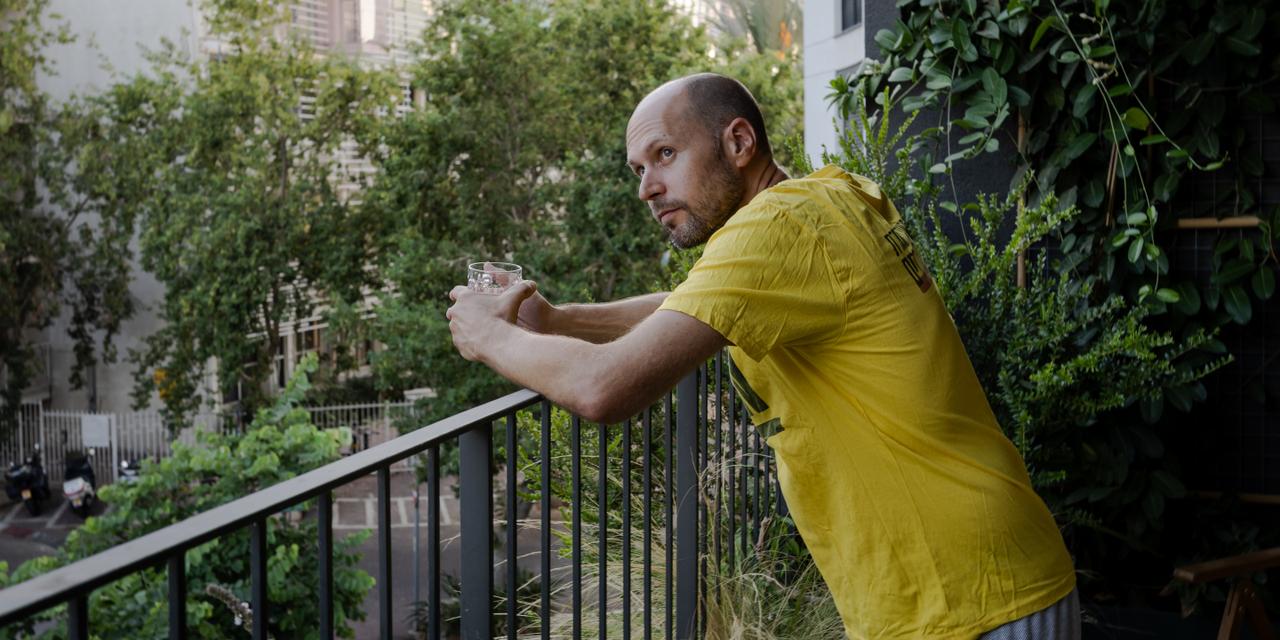


Israeli reservists called up to Gaza torn between doubt and duty
InvestigationTens of thousands of reservists have been called up to carry out Israel's ground offensive in Gaza City. A minority have refused, questioning the aims of a war that began two years ago after the attack by Hamas. Others have responded without hesitation.
The evening in March when he learned he was expelled from the army, Yonathan immediately called his father. "I was on the verge of tears," recalled this Israeli reservist, who asked to use a pseudonym. Just hours earlier, he had spoken publicly to condemn a war he regarded as pointless and disproportionately damaging for soldiers, hostages and Palestinians in the enclave. In the same breath, he argued that those called up to Gaza should stop responding to summons from the Israeli military, whose ranks are mostly made up of reservists (more than 400,000 people, compared with just 170,000 active-duty soldiers).
This young man's situation is extreme: Very few soldiers have been dismissed for insubordination. But his sadness, anxiety and indignation shed light on the dilemmas faced by this troop, essential to the functioning of the Israeli military.
Like him, many had served their country enthusiastically before starting to question the meaning of a conflict that kept sending them to the front over and over, without seeing its necessity or end. Not only has the war of reprisal launched against the Gaza Strip after October 7, 2023, and the massacres committed by Hamas failed to end: It is intensifying.
As part of Operation Gideon's Chariots, aimed at taking control of Gaza City, military leadership announced the call-up of 60,000 reservists on August 20, while extending the service of another 20,000. On Tuesday, September 16, the ground offensive intensified, killing several dozen Palestinians within a few hours.
Loss of jobs and partners
Only a small number of the reservists called up will not join the ranks. But these refusals, however few they may be, are unprecedented in a country where the army plays a central role. As a result, the statements of those who are withdrawing, citing openly moral and political reasons, have a particular resonance.
You have 81.45% of this article left to read. The rest is for subscribers only.
